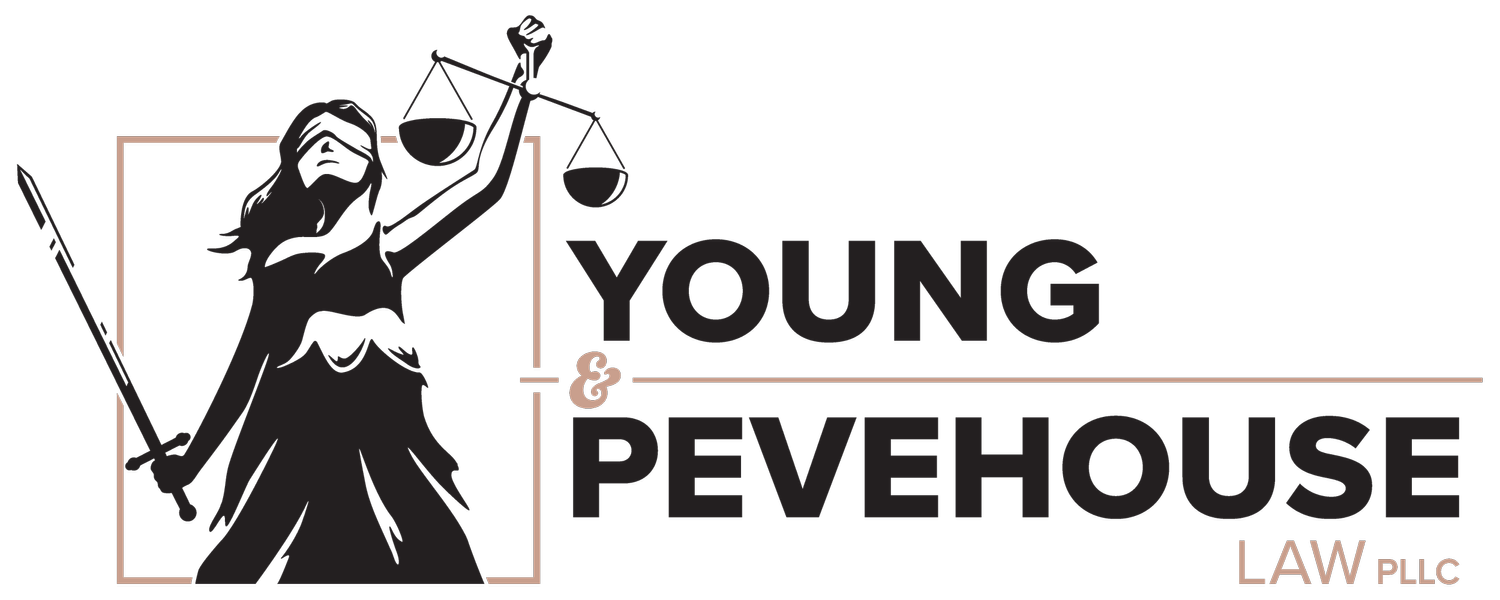The Importance of Intellectual Property for Small Businesses
1. Understanding Intellectual Property
Intellectual property refers to creations of the mind, such as inventions, literary and artistic works, designs, symbols, names, and images used in commerce. The main types of IP include:
Trademarks: Protect brand names, logos, and slogans that distinguish your products or services.
Copyrights: Safeguard original works of authorship, such as books, music, art, and software.
Patents: Protect inventions and grant the patent holder exclusive rights to use, sell, or license the invention.
Trade Secrets: Protect confidential business information, such as formulas, processes, and proprietary data, from being disclosed or used by others.
Understanding these different types of IP helps you determine the best way to protect your business assets.
2. Registering Trademarks
Trademarks protect your brand identity, ensuring that your business name, logo, or slogan is uniquely yours. To register a trademark:
Conduct a Trademark Search: Before filing, ensure your trademark is unique and not already in use by another business.
File with the USPTO: Submit an application to the United States Patent and Trademark Office (USPTO), including a description of the mark and the goods or services it represents.
Monitor and Enforce: Once registered, actively monitor and enforce your trademark rights to prevent unauthorized use.
A registered trademark helps build brand recognition and trust, making it easier for customers to find and remember your business.
3. Securing Copyrights
Copyrights protect original works of authorship, granting the creator exclusive rights to use and distribute the work. To secure a copyright:
Create Original Work: The work must be original and fixed in a tangible medium, such as written text, music recordings, or digital files.
Register with the U.S. Copyright Office: While copyright protection is automatic upon creation, registering your work provides additional legal benefits and public record of ownership.
Enforce Your Rights: Actively monitor for infringement and take legal action if necessary to protect your rights.
Copyrights help you control the use and distribution of your creative works, ensuring you receive recognition and financial benefits.
4. Obtaining Patents
Patents protect inventions, granting the patent holder exclusive rights to use, sell, or license the invention for a limited time. To obtain a patent:
Determine Patentability: Ensure your invention is novel, non-obvious, and useful.
File a Patent Application: Submit a detailed application to the USPTO, including a description of the invention, claims defining the scope of the patent, and any necessary drawings.
Prosecute the Application: Work with a patent attorney to address any issues or rejections from the USPTO examiner.
Maintain the Patent: Pay maintenance fees to keep the patent in force for its full term.
Patents provide a competitive advantage by preventing others from using your invention without permission.
5. Protecting Trade Secrets
Trade secrets include confidential business information that provides a competitive edge, such as formulas, processes, or customer lists. To protect trade secrets:
Implement Confidentiality Agreements: Require employees, contractors, and partners to sign non-disclosure agreements (NDAs).
Limit Access: Restrict access to trade secrets to only those who need to know the information.
Use Security Measures: Employ physical and digital security measures to protect confidential information.
Trade secrets remain protected as long as they are kept confidential, offering indefinite protection.
6. IP Licensing and Monetization
Intellectual property can be a valuable revenue source through licensing agreements, allowing others to use your IP in exchange for royalties or fees. Key considerations for licensing include:
Drafting the Agreement: Clearly define the scope, duration, and terms of the license, including payment structures and usage rights.
Enforcing the Agreement: Monitor the licensee’s use of your IP to ensure compliance with the agreement terms.
Negotiating Terms: Work with an IP attorney to negotiate favorable terms and protect your interests.
Licensing your IP can generate passive income and expand your market reach without directly investing in new ventures.
7. Monitoring and Enforcing IP Rights
Actively monitoring and enforcing your IP rights is essential to maintaining their value and preventing infringement. Strategies include:
Regular Audits: Conduct regular audits of your IP portfolio to ensure all assets are protected and properly maintained.
Monitoring for Infringement: Use online tools and services to monitor for unauthorized use of your IP.
Taking Legal Action: When necessary, work with an IP attorney to take legal action against infringers to protect your rights.
Vigilant monitoring and enforcement help maintain the integrity and value of your IP assets.
8. Seeking Professional Assistance
Navigating IP law can be complex, and seeking professional assistance ensures your rights are adequately protected. Consider working with:
IP Attorneys: Specialized attorneys can help with IP registration, licensing, and enforcement.
IP Consultants: Consultants can assist with developing and implementing IP strategies tailored to your business.
Patent Agents: Registered patent agents can help with the technical aspects of patent applications and prosecution.
Professional assistance provides peace of mind and ensures your IP assets are managed effectively.
Protecting your intellectual property is vital for the success and longevity of your small business. By understanding and managing your IP rights, you can safeguard your innovations, build a strong brand, and create additional revenue streams. Investing in IP protection helps secure your business’s future and enhances its overall value.

